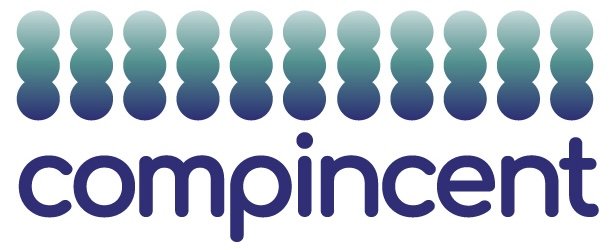Friday 10th October 2025
The new work ethic: Why Gen Z puts pay ahead of pleasure
Is enjoyment at work an optional extra?
Prevailing narratives often paint present and future Gen Z workers as prioritising purpose and passion above all else. But data from our September 2025 survey on workplace benefits challenges this assumption, portraying a potentially more pragmatic and financially driven generation entering the workforce.
We were surprised by the responses when we asked the cohort to agree or disagree with the statement: “How much I am paid is more important than how much I enjoy my job.” Gen Z’s answers indicate a primary motivation for work that’s firmly transactional, while older workers are more mindful of job satisfaction.
The salary vs enjoyment divide
54% of our Gen Z respondents agree at least somewhat that pay is more important than enjoyment. This contrasts sharply with the 26+ group, where only 22% agree, and a full 71% actively disagree.
The Gen Z focus on compensation could reflect a strong awareness of challenging economic conditions, recently acquired student debt, or the tough financial barriers to getting on the housing ladder. Work is certainly an essential mechanism for security and wealth creation, as new workplace entrants consider the lifestyle they aspire to.
We note though, that 71% of Gen Z’s responses were ‘somewhat’ agree or disagree, suggesting they are still reflecting on this balance, unlike the older group whose preferences are more confident. From age 26, in an established career, it’s more likely that the 26+ cohort is achieving financial stability. With longer experience of one or more roles and employers, they’ll know better how job satisfaction and cultural fit affect their lifestyle along with the size of their paycheque.
Everyone’s time is precious: the 4-day week wins
Given the choice between five standard working days and four working days with longer hours, all our respondents strongly favoured the compressed week – 50% of Gen Z and an even higher 66% of over 25s. This supports the growing trend across many sectors for compressed or flexible schedules, with freedom to work a weekly total of hours at times to suit.
A full extra day off per week would be a valued benefit to offer, if businesses can accommodate it. It would be interesting to find out what workers would use the time for. We speculate that some older workers might value more time for home life responsibilities or domestic projects, like renovations or spending time with dependents. For Gen Z, perhaps this time is for part time study, travel or activities and interests. Understanding this could help employers to innovate further and offer complementary benefits, like subsidised courses or DIY discounts.
Building security and aspiring to flexibility
Gen Z’s top priority from the options we offered is career progression. They are ambitious and hungry to increase their experience and their pay packet, so they want a clear pathway for growth and development from their employers. This could include provision of training opportunities and work shadowing, with time allocated to build skills and experience and a means to record and be credited for progress.
For the 26+ cohort who are further ahead in their careers, flexibility in working hours is the leading benefit. We think that setting their own working hours gives them potential for a better blend of professional and personal life, reflecting a group that’s established and confident in their worth in the workplace.
Conclusion: look beyond the Gen Z stereotypes
We can’t assume from our survey that the new development-led, salary-focused work ethic rules out purpose and job satisfaction for Gen Z. It’s just a question of early career priorities in a cohort that’s highly aware of the tough financial realities of our times. Gen Z wants to be sure their energy and commitment will be recognised and encouraged.
Delivering this progression and flexibility isn’t just about structured review processes and timesheets. Employers must embed mutual trust in their organisational culture, so that newer workers can see their skills development and milestones will be rewarded. Meanwhile, more experienced workers will feel empowered to optimise their own productivity. Understanding these motivational differences in your own organisation can help you design reward and compensation strategies, programmes and systems that reflect the diverse needs of your multi-generational workforce.
What next?
Look out for our final survey results blog – we’ll share some of the inspiring and creative ideas our respondents shared about benefits that they’d love to see in their future workplaces.
If you’d like a free copy of our full summary of the survey data and analysis, for more detailed insights into generational preferences, just email anna@compincent.com – we’ll send it to you ASAP.
